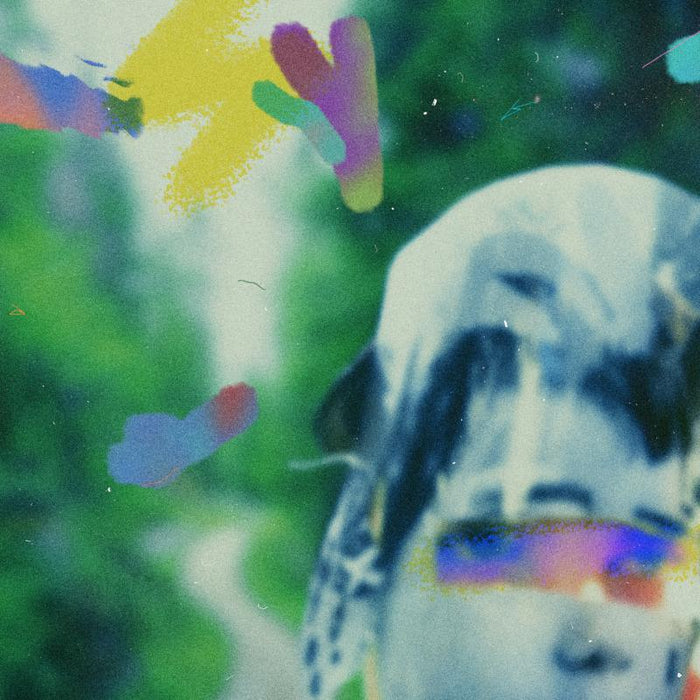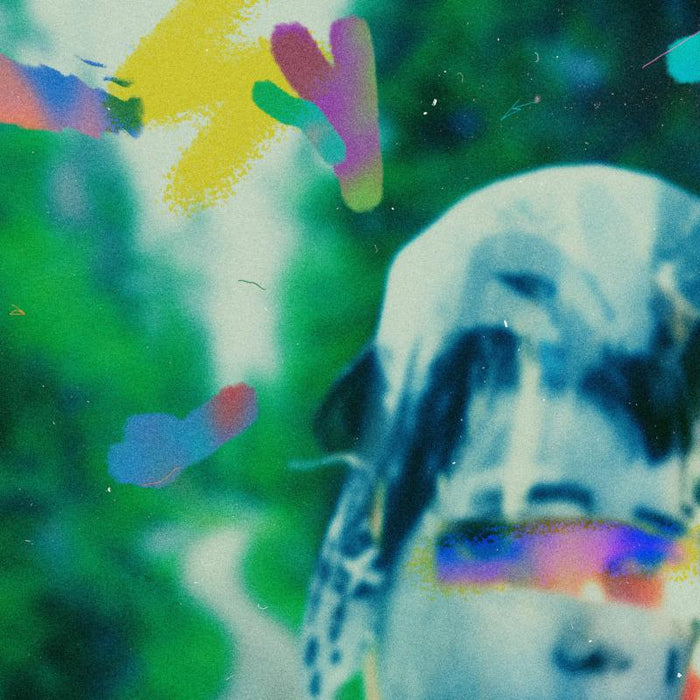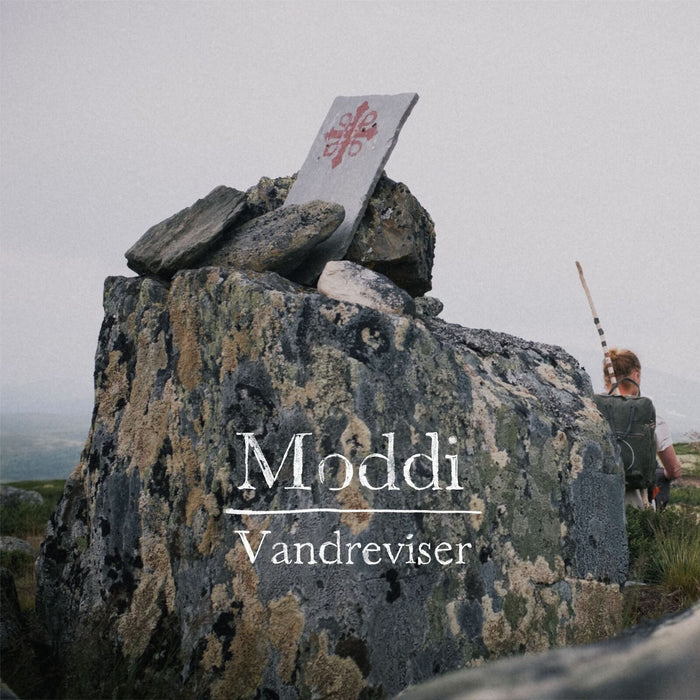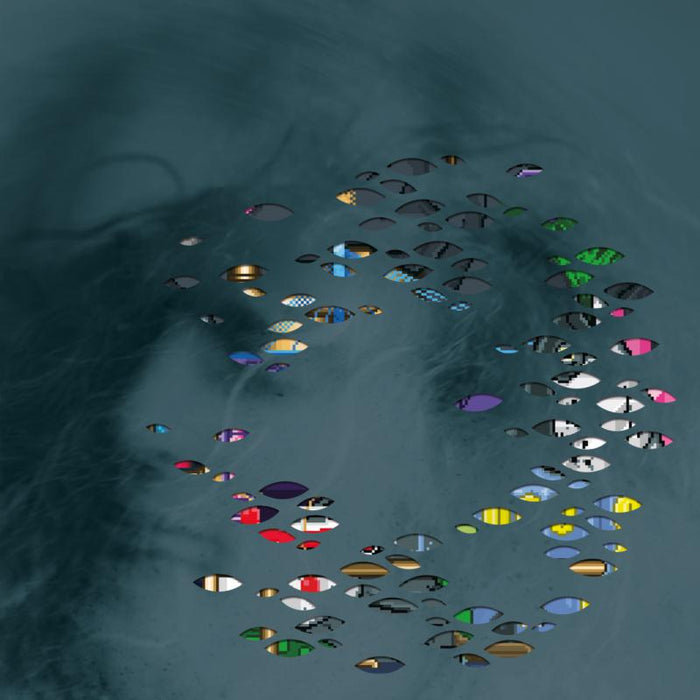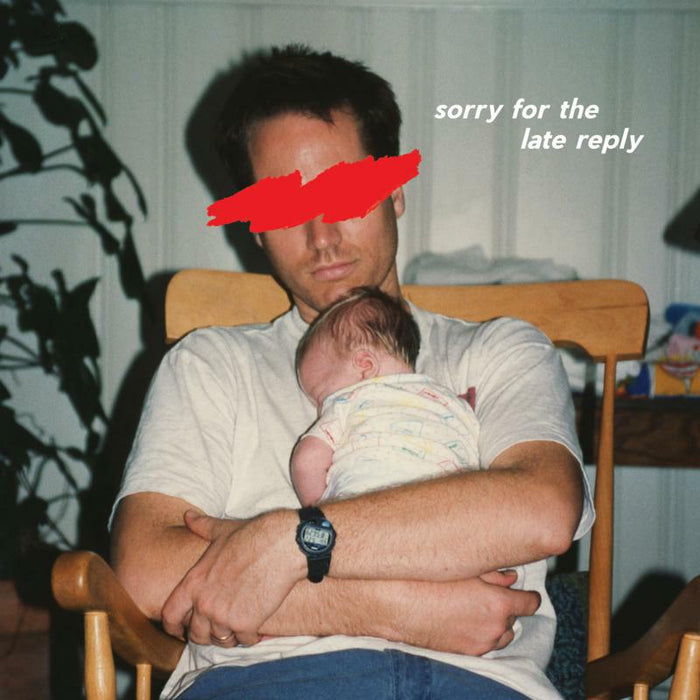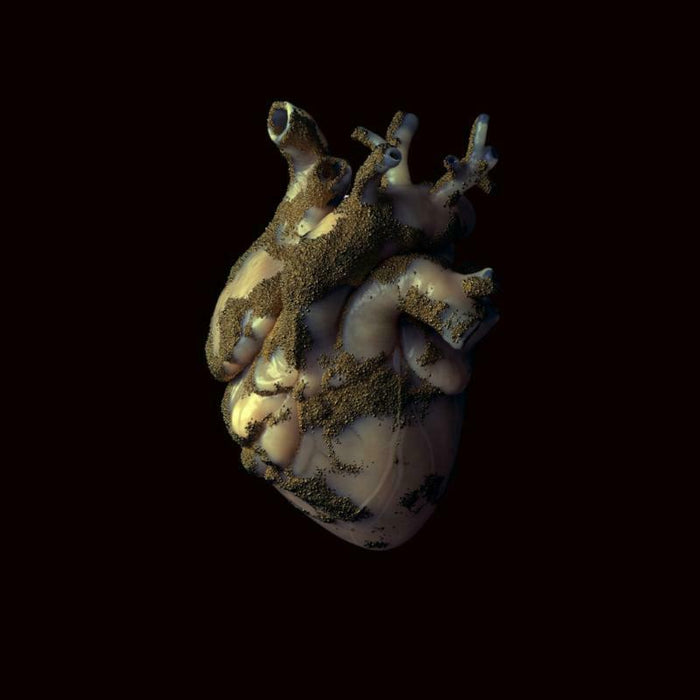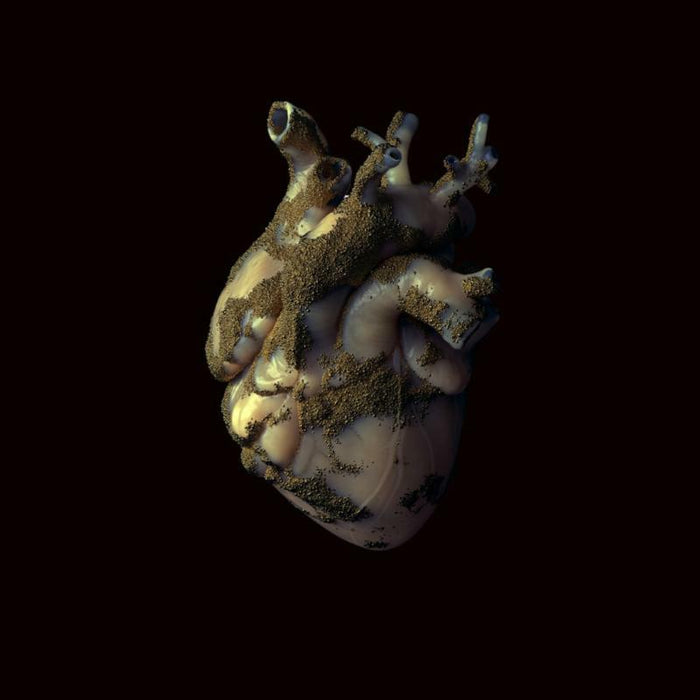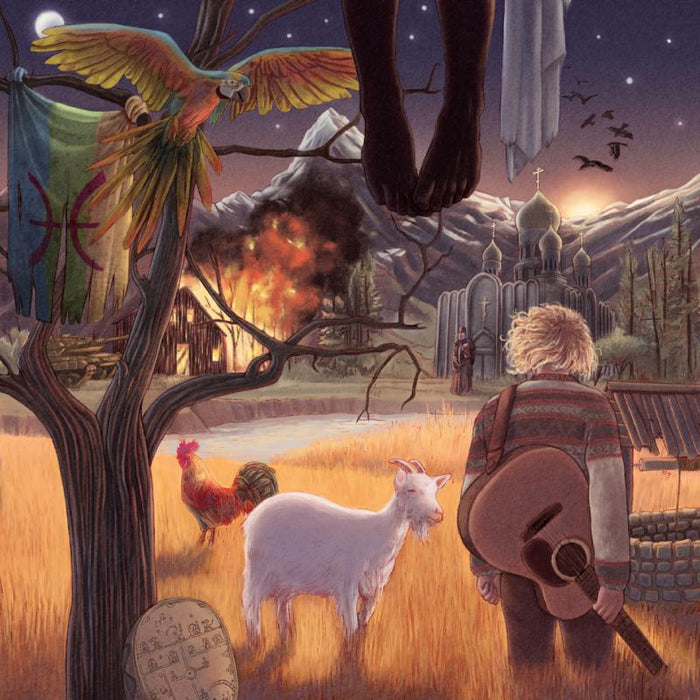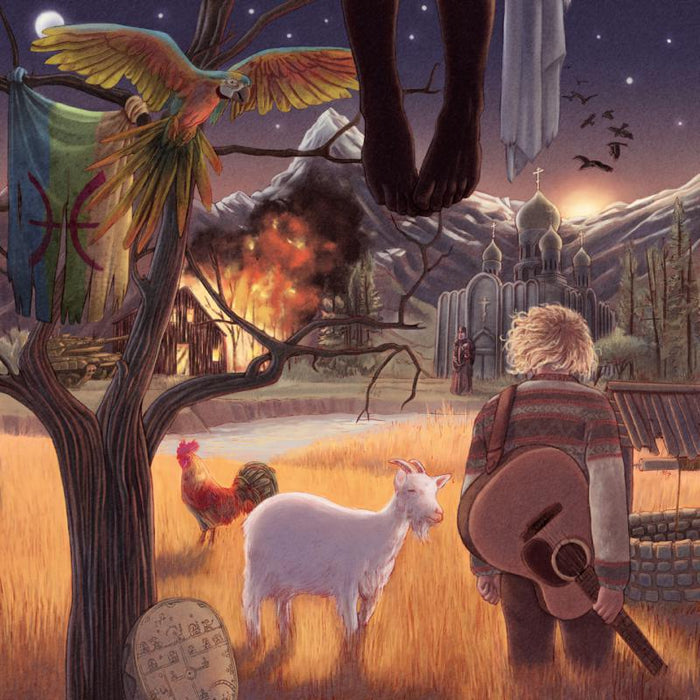Description
Unsongs
12 banned songs from 12 countries.
Unsongs is a remarkable collection of songs that have, at one stage, been banned, censored or silenced. The attempts to suppress them were as mild as an airplay ban and as brutal as murder. With great sensitivity and imagination, Norwegian singer-songwriter Moddi has given them new life and created a moving and eye-opening album. Unsongs simultaneously celebrates the censored and exposes the censors.
Pål Moddi Knutsen, a 29-year-old from northern Norway, was an activist before he was a songwriter. As a member of Socialist Youth and Young Friends of the Earth, he realised that the songs they sang were decades old. "Beautiful songs but they don't correspond to the reality we live in now," he says. "That's basically why I started writing music." This impetus eventually led to his acclaimed 2010 debut album Floriography, hailed by Q magazine as "a heart-warming and beautifully constructed piece of melancholic folk-pop".
In January 2014, after two more albums, Moddi cancelled a concert in Tel Aviv in protest of Israel's occupation of Palestinian territories. On his website, he wrote "silence can sometimes be stronger than music". After the cancellation, Norwegian singer Birgitte Grimstad contacted Moddi to tell him about Eli Geva, a song about an Israeli officer who refused to lead his forces into Beirut during the Lebanon War in 1982. Geva became an icon of the peace movement, but also a reviled man among those who supported the war. That same year, Grimstad was warned against singing the song when she visited Israel — the Norwegian ambassador threatened to walk out if she did — and it remained unheard for another 30 years.
Fired with inspiration, Moddi made his own version of Eli Geva. When he performed the song, he noticed that it called forth strong emotions within the audience. "People reacted to it in a completely different way than my usual songs," he says. "I had people leave the room because they disagreed with the content of the lyrics. I had people crying because they remembered the war. It was so strange to realise that one short song can contain so much history."
The experience demonstrated to Moddi that suppressed songs still have power long after the fact. He began looking for songs that had been similarly treated, and cast his net wide, asking for help from friends in academia and followers on Twitter.
"I asked the question: What does it take for a song to be censored?" he says. "I decided I would accept the answer to that question, whatever songs came my way." The inclusion of Parrot, Goat and Rooster, a 1990s narcocorrido valorising Mexican drug dealers, shows that it wasn't necessary for him to endorse the song's message in order to find it worthwhile. "The most important thing is not the songs themselves, but the stories they contain. I have chosen twelve stories that I believe deserve to be heard." This is why the album comes with detailed liner notes and video documentaries from their countries of origin.
From a list of more than 400 songs, Moddi decided to translate and rework 12 for the album. The only rule was that the element of the song which caused it to be suppressed had to remain intact, even when translated into English and with a different arrangement and melody. With the famous Palestinian poet Mahmoud Darwish's Oh My Father I Am Joseph, for example, he changed almost everything except the Quran-quoting chorus, which caused it to be banned in many Arab countries. Pussy Riot's Punk Prayer, which led to a show trial and imprisonment for the Russian feminist activists, is stripped of noise and returned to its melodic roots in Rachmaninov's Ave Maria, but the lyrics are no less subversive.
"It's one of the most powerful lyrics that I have ever read," Moddi says. "I was afraid that my interpretation would take it too far into the acceptable form of a psalm." When he tried to film the video in a Norwegian church, however, he was told the lyrics were "unfit for the Lord's house". Moddi had to shoot the video outside on the church steps, in minus five degrees. "It was freezing, but reassuring. It proved that I still had the forbidden core of the song intact. It is still bannable."
The stories on Unsongs span continents and centuries. They are as recent as Punk Prayer and as ancient as The Shaman and the Thief, a 19th century folk song from Norway's aggressively assimilated indigenous Sami culture, performed here with the celebrated Sami singer Mari Boyne.
Some songs, such as Billie Holiday's Strange Fruit and Kate Bush's Army Dreamers, became well known despite initial resistance. Others had dire consequences for the writers and performers. Vi?t Khang (Where is my Vietnam?) was imprisoned for anti-state propaganda. Algerian rebel and democracy campaigner Lounès Matoub (Open Letter) was assassinated by masked men for his criticism of the government. Most famously perhaps, the Chilean folk singer Victor Jara was executed during the 1973 military coup that toppled socialist president Salvador Allende.
"People say musicians should keep out of politics and stick to what we're good at, namely entertaining," he says. "It's the same argument I got when I cancelled the Tel Aviv show, but it is really just a way to manipulate musicians and stifle their power. In disconnecting music from politics, artists are made powerless, while really, our greatest weapon lies in that we can make people listen."
For Moddi, Unsongs will have succeeded if the album encourages listeners to learn more, and think more, about the different ways in which important messages are prevented from finding an audience. In this way, Unsongs contains both stories from the past and lessons for the future.
"Through making this album I have found that people are tired of pop music with no content," he says. "To me, making this album has been a doorway to the world, in a time when walls are being rebuilt and new doors are closed every day. The songs have made me appreciate the world a little more. Although the topic is serious, it fills me with hope. To me, at least, this album has proven that music is usually stronger than silence."





